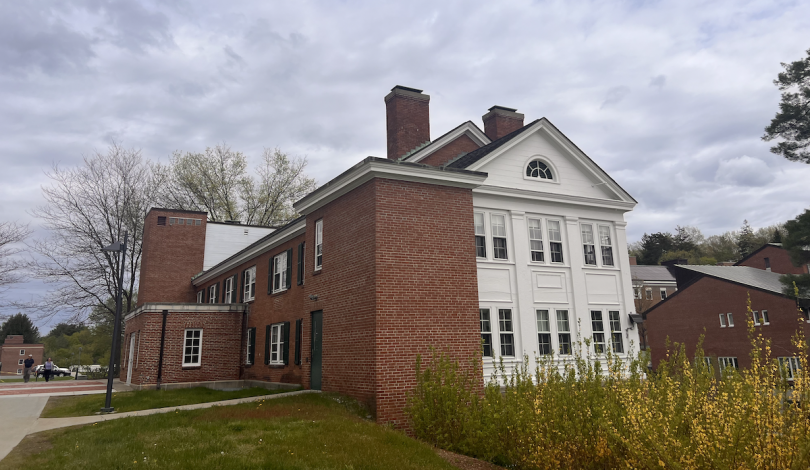
Cognitive Science Research at Dartmouth!
One of the distinguishing features of Dartmouth is its strong emphasis on undergraduate education, particularly in the realm of research opportunities. This focus of Dartmouth was highlighted repeatedly during my information sessions when I was applying, with the promise that students could dive into research as early as their first year. This commitment to integrating undergraduates into the fabric of scholarly inquiry is a cornerstone of the Dartmouth academic experience, which almost always surprises my friends at peer institutions.
In my journey, my first year at Dartmouth was primarily about exploring and identifying my academic interests. I spent much of my time immersed in various disciplines, trying to pinpoint where my passions lay. Despite this exploratory phase, I was always captivated by the idea of working alongside professors at the forefront of their fields. The prospect of contributing to cutting-edge research was a thrilling one, although it took some time for me to find my footing.
As I moved into my sophomore year, my path became clearer. I joined PhilLab, a cognitive science laboratory led by Professor Jonathan Phillips, part of Dartmouth's Cognitive Science program. My involvement in research kicked off in the fall of my sophomore year. After spending my sophomore winter abroad, I resumed in the spring of 2024 for what would be my second term in active research.
The research I am engaged in at PhilLab has been one of the most profound academic experiences I have had at Dartmouth thus far. Our projects include studying how children generate different options and reason through possibilities. Additionally, I am involved in an fMRI study where I am learning the technical aspects of operating an fMRI scanner and the methodology behind these scans. This practical application of theoretical knowledge offers a robust understanding of the tools and techniques used in cognitive science research, which has broadened my understanding of the scope of research.

One of the remarkable aspects of Dartmouth's research landscape is the abundance of funding available for students. This funding is managed by the Undergraduate Advising & Research (UGAR) office, a sector of the Dean of Faculty office that supports the paid research activities of undergraduate students. I have been fortunate to secure part-time research funding for two terms, which allowed me to conduct research alongside my coursework. Moreover, I have applied for a full-time research grant for the upcoming summer and am eagerly awaiting the outcome!
This direct involvement in research has not only allowed me to apply classroom learning in real-world scenarios but has also kept me closely connected to the evolving knowledge in cognitive science. Using the tools from my statistics and research methods classes in actual research settings has been incredibly rewarding. It exemplifies Dartmouth's commitment to providing a hands-on, engaging educational experience that prepares students not just to learn, but to create new knowledge. At Dartmouth, the opportunity for undergraduates to engage in meaningful research is not just a perk—it's a fundamental part of the educational philosophy. It encourages students like me to go beyond the classroom and contribute actively to our fields of study, fostering an unparalleled and immersive academic environment for undergraduate students.
















